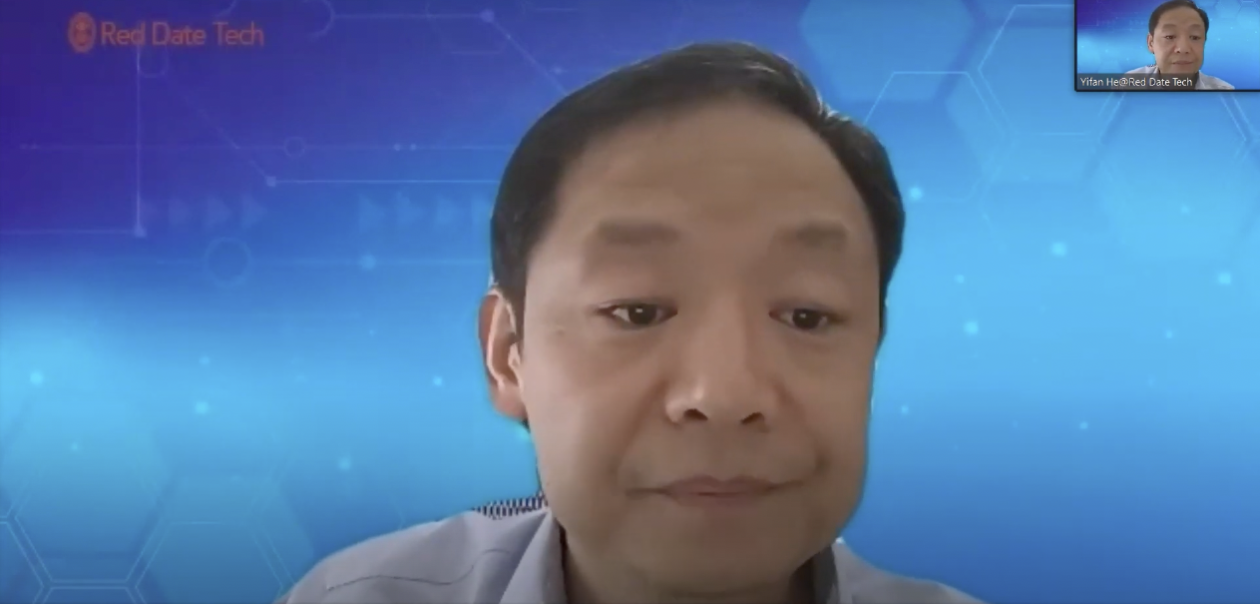Red Date Technology, the company China tapped to manage its Blockchain-based Service Network (BSN), said today it plans to fully launch an infrastructure for non-fungible tokens (NFTs) by the end of January 2022.
Fast facts
- Red Date revealed on Friday an NFT infrastructure plan — BSN-Distributed Digital Certificate (DDC) — at its BSN Open Permissioned Summit.
- Yifan He, CEO of Red Date, said that cryptocurrencies will likely continue to be banned by the Chinese government and there’s “no returning back in the foreseeable future.” However, it seems, at least so far, NFT as a technology will be allowed in China, as long as it’s not associated with cryptocurrency, he added.
- Notably, He expected NFTs to be widely used in China, as a certificate or identity instrument. “We believe, in the next five years, there will be billions — if not trillions — of NFTs generated in China,” he said, adding that it’s going to be a huge market but there’s no infrastructure, for which “we’re building one now.”
- The BSN-DDC Network is designed to consist of 10 open permissioned blockchains supporting NFTs, and all payments will be made via fiat money, according to He.
- Just as tech giants Alibaba and Tencent are avoiding using the name of NFT in their “digital collectible” projects, He said BSN is also refraining from using the phrase “BSN-NFT” and instead dubbing the network “BSN-DDC.”
- As part of the plan, BSN will offer application programming interfaces (APIs) for businesses to build their own user portals or apps, where end users could access to manage NFTs.
- Although NFTs are not included in China’s recent stepped-up ban against cryptocurrency-related activities, the country’s state media expressed strong concerns over the new form of digital collectibles. Last month, Securities Times, a sister paper of the People’s Daily, published an opinion piece to criticize NFTs as hype and suggested the digital assets should serve the real economy by tokenizing actual assets.
- State-backed BSN’s upcoming NFT infrastructure is “almost the only way to access Chinese markets that complies with local regulations,” He said.





